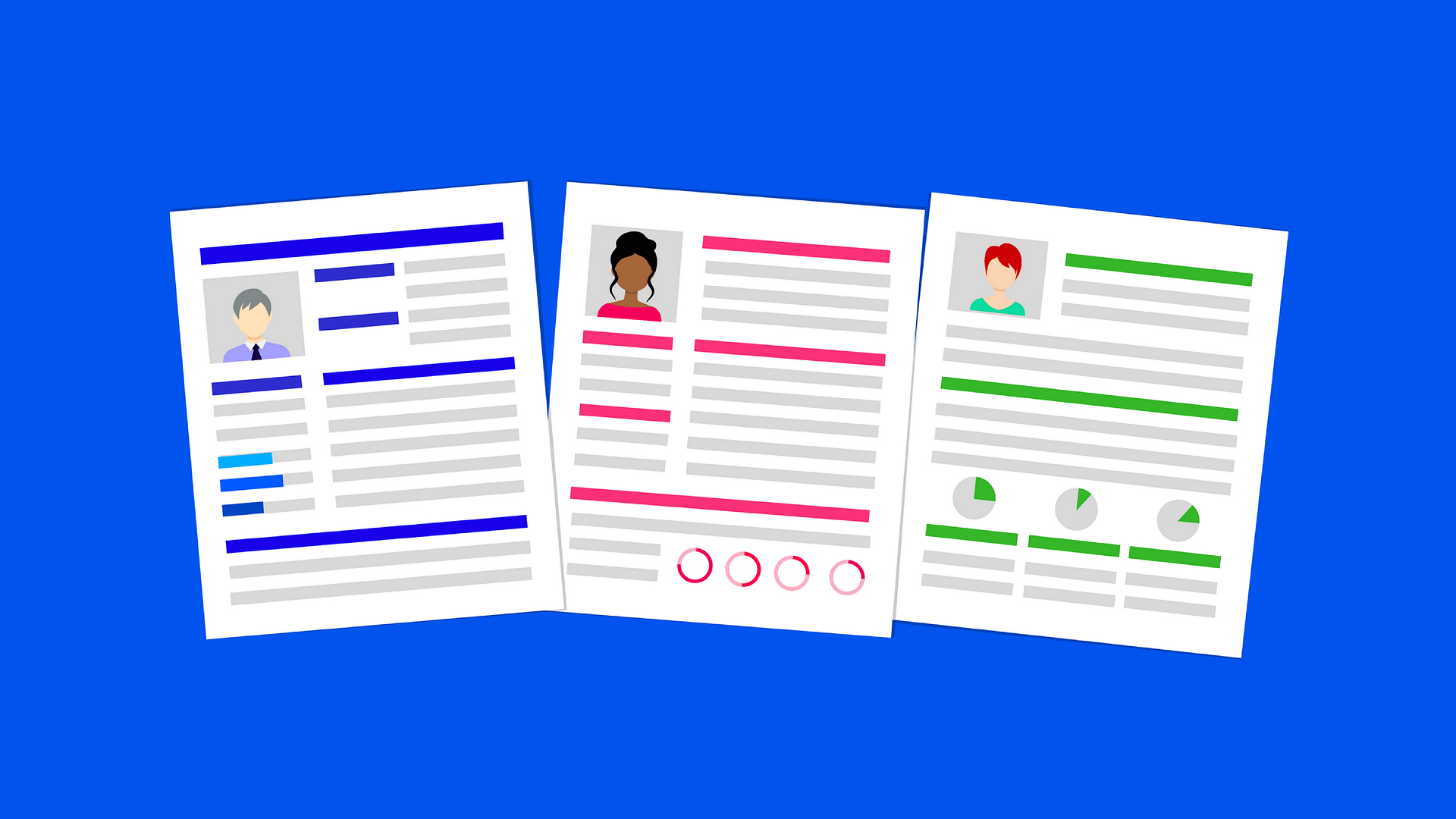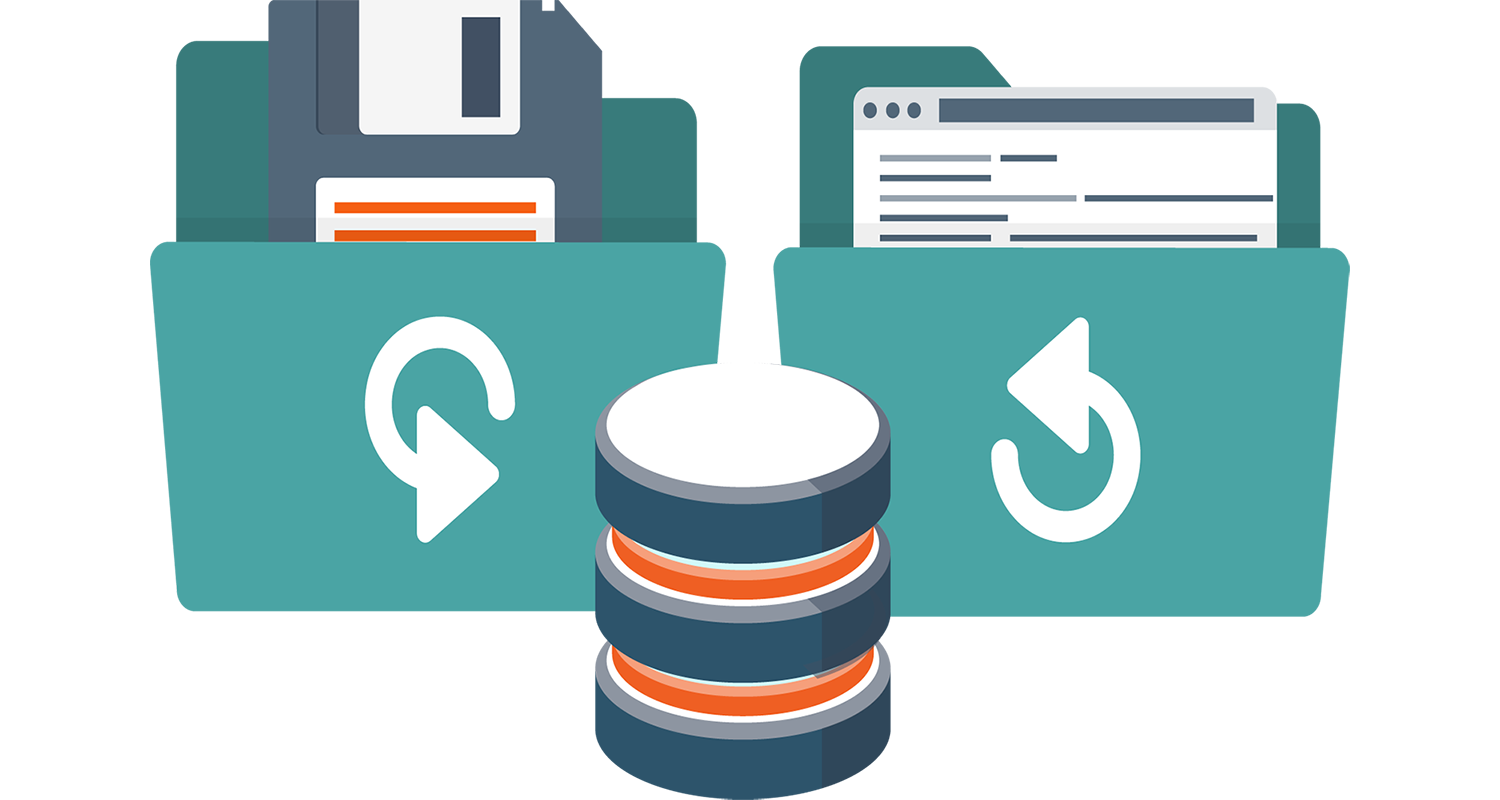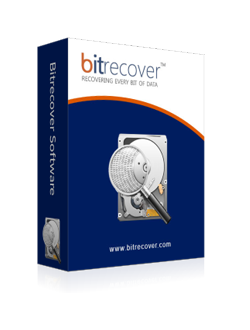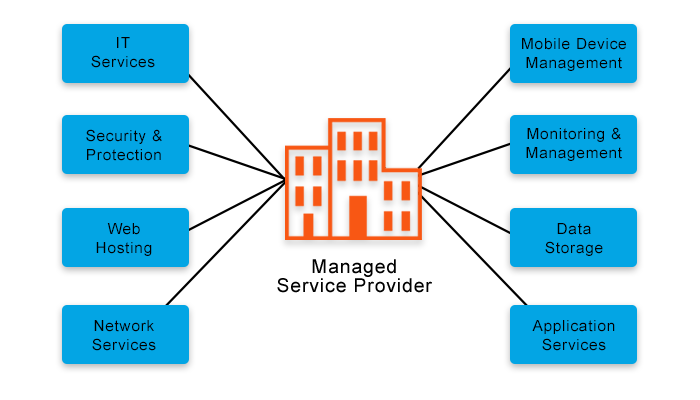How to Quickly Find Your Next Job With SkillHub

Looking for the first job or switching companies? Whether you’re just starting your career path or want to advance your professional road, the hiring process is complicated.
Although you may find different guides on “getting jobs in one day” or “landing an interview without an attempt,” don’t fall for them immediately. You can’t win a job search without learning more about yourself and presenting yourself in the best light to gain the employer’s trust.
This post will dive into the secrets of quickly finding your next workplace. No redundancy, no repeatable sentences, and no wasting your time. Just the proven tips from experts in your career field.
Table of Contents
Five Steps Towards a New Career
Here’s a simple tutorial to get you started (and get you employed in perspective):
Get more referrals
One of the best and sure ways to land a dream job is by getting a recommendation from your friend or colleague. Potential employers want to see individuals they can trust. A personalized message highlighting your strengths is the missing puzzle to getting hired.
Set your corporate intentions
Before you apply for a job opening, take a few minutes to reassess your professional intentions. Write down a list of keywords related to a chosen specialty. Keep in mind that you shouldn’t get caught in a rushed panic.
Network on events
Don’t have a person to refer you to the positions? Visit live events! Engage with people who share the same values and skills as you do. Call your region’s alums and attend the meetings if you’re a freshly graduated bachelor.
Submit a perfect job application
A resume is one of those things hiring managers would see first. You may write it yourself or hire Skillhub resume writers to tailor your experiences for a job.
Find a few tips on making ATS (Applicant Tracking System)-friendly resume below:
- Avoid charts, graphics, images, etc.;
- Use relevant keywords to highlight your professional growth;
- Save your resume in a Doc format instead of a PDF. ATS bots would like it more.
Prepare your job search alerts
The most consuming part of any job search is searching itself. You may spend hours scrolling the job boards, find two or three you like most, and sign up for daily alerts.
If you don’t want to limit the number of postings, use resume-posting services. The professionals will gladly help add your job applications to different job boards, considering your individual requirements.
Boost your LinkedIn profile
The reason is that your LinkedIn profile is the first thing the recruiter will look at after your resume. LinkedIn is a solely professional area, allowing you to showcase your qualification.
Conversely, LinkedIn is more than just a place where colleagues meet. You may use it as a tool to boost your job market offerings.
Find your target audience by setting filters for industry specifics, qualifications, and interests. Thus, you’ll have more chances to connect with the right people who can offer new job opportunities.
Reach out to head hunters
Do you still think the recruiters should call you first? You might’ve just lost a pretentious job offer!
Why is that?
Senior specialists and top management usually get an offer through recommendation or a head-hunting. Companies will never advertise some on-demand jobs. They will browse the potential employee through the inner circle instead.
So, the position might be gone before you know it. The optimal decision is narrowing your job search to the employers you’re interested in and contacting recruiters directly.
Practice Interviewing Skills
Interviewing is the other important stage in the hiring process. While applying for jobs, remain optimistic and ensure you’ve prepared.
Here’s the list of helpful tips:
- Research information on a company: read at least the “About Us” section on the official website and follow the employer’s profile on social media;
- Get your questions ready: to show that you’re genuinely interested in this company and want to win the position;
- Don’t turn down interviews if you think you’re no longer interested: you might feel nervous or sweaty, but the more interviews you go through, the more confidence you’ll gain.
The Bottom Line
There’s no specific recipe to finding the job ASAP when needed. Alternatively, you may look for a temporary source of income while looking for a full-time position.
Many companies today have a few stages of hiring processes. Therefore, to win this competition, you must scroll through the job boards and apply to a few jobs simultaneously. Even if you’ve decided to drop a position but have an invitation for an interview, see it as a new experience.
Make sure to tailor your resume and research your potential employer. Contact recruiters and ask if they would like to hire you. And if you need a strong resume super-fast, google Skillhub writing services!
FAQ
How quickly does it take to find a job?
An average job search takes from five to six months. In some cases, you might get a job offer faster, for example, via referral or job hunting.
How do I find the job in 30 days?
- Organize your space and time;
- Make a list of your skills and accomplishments;
- Scroll through job boards and sign up for job alerts;
- Use your network and global professional resources;
- Prepare for an interview.
Is it okay to switch a job after six months?
Every case is individual: for example, if you receive an offer from another company with higher pay and a bigger compensation package, it may be a solid reason to quit your current job.
The other case is when you’re running on instincts and don’t have a specific search strategy. You may switch jobs “just because you want to,” which will negatively impact your candidate’s profile in the foreseeable future.
Works Cited
Aguinis, Herman, and Ante Glavas. “On corporate social responsibility, sensemaking, and the search for meaningfulness through work.” Journal of Management 45.3 (2019): 1057-1086.
Goulart, Vera G., Lara Bartocci Liboni, and Luciana Oranges Cezarino. “Balancing skills in the digital transformation era: The future of jobs and the role of higher education.” Industry and Higher Education 36.2 (2022): 118-127.
Savickas, Mark. Career counseling. Washington, DC: American Psychological Association, 2019.
Taheri, Rafia Hasan, Md Shipon Miah, and Md Kamaruzzaman. “Impact of working environment on job satisfaction.” European Journal of Business and Management Research 5.6 (2020).
Wanberg, Connie R., Abdifatah A. Ali, and Borbala Csillag. “Job seeking: The process and experience of looking for a job.” Annual Review of Organizational Psychology and Organizational Behavior 7 (2020): 315-337.





